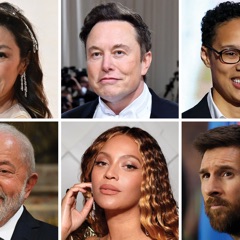Inspiration
The Science Doesn't Lie: Cognitive Contamination In Forensics : Hilary Hamnett : Tedxbrayfordpool
Forensic science plays an important role in many criminal cases. You may have even heard the expression ‘the science doesn’t lie’. But what happens when a forensic scientist learns information about a case that has nothing to do with science? How can this affect their decision making? We know we need to protect evidence from physical contamination, but we also need to protect scientists from cognitive contamination. Hilary teaches the next generation of forensic scientists at the University of Lincoln. Starting off her career as a chemist, she has a PhD from the University of Oxford, and almost 10 years of professional experience as a forensic toxicologist. Her casework has ranged from deaths and serious drug-facilitated crimes to driving under the influence of drugs. Hilary’s research looks at how cognitive bias can affect forensic toxicology cases, and how changes in legislation have impact drug-related deaths and crimes. She has worked in the UK, Australia and New Zealand, published papers and book chapters, and presented at international conferences. Hilary is currently writing her first non-fiction book. This talk was given at a TEDx event using the TED conference format but independently organized by a local community. Learn more at ted.com/tedx
#bias #drugs #english #ethics #forensics #research #science #sciencehard #tedxtalks
